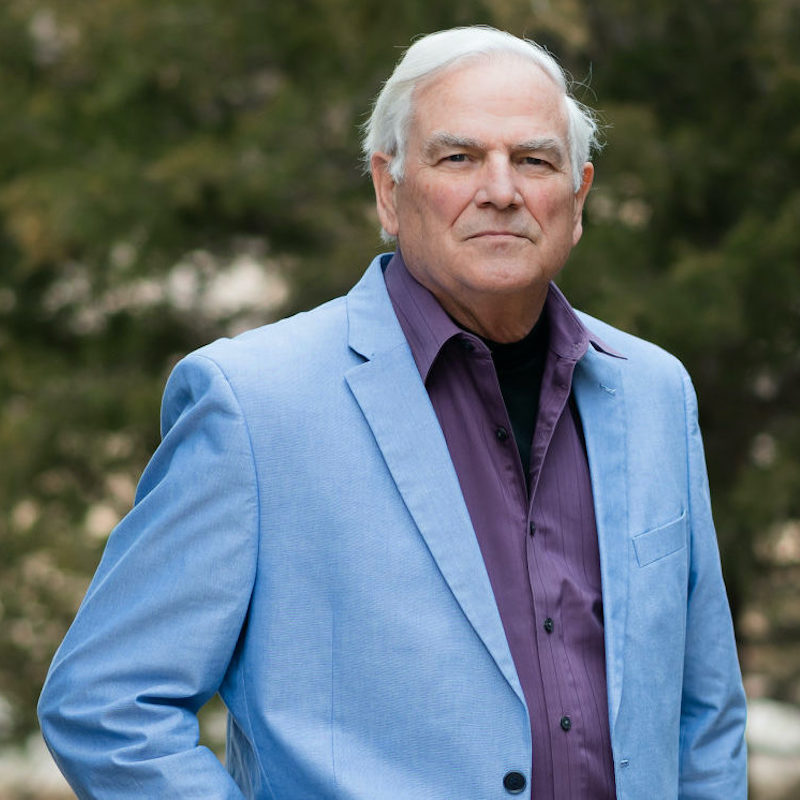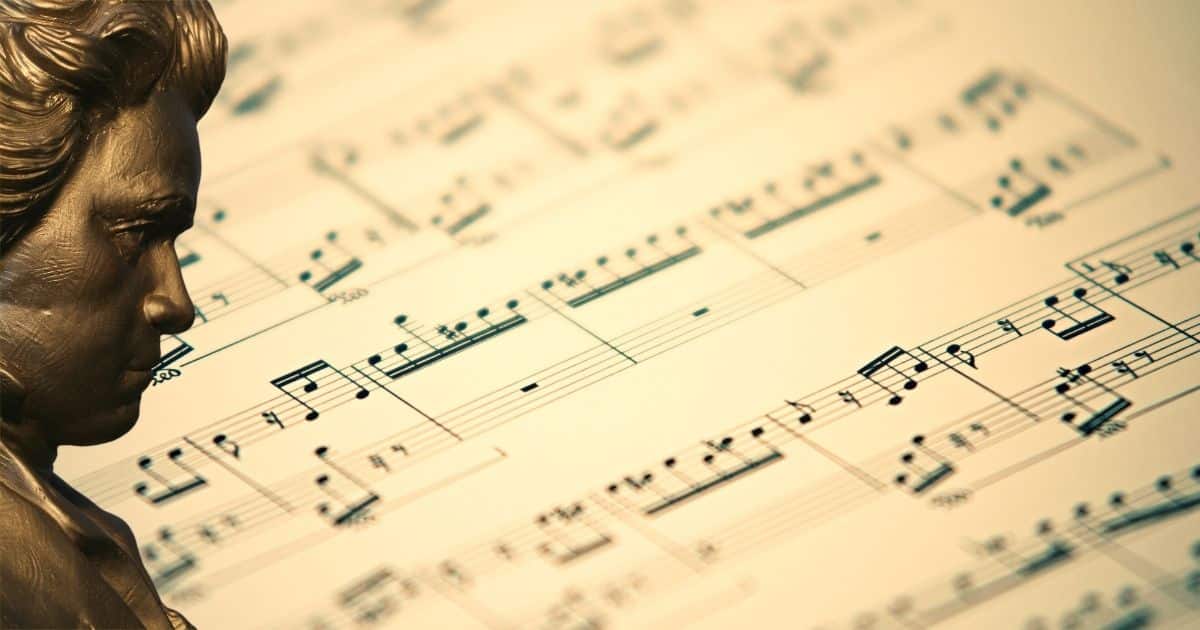Beethoven’s remarkable ability to create beautiful music despite his hearing impairment has long fascinated audiologists, otolaryngologists, musicians, and the general public. Speculation regarding the cause of his hearing loss includes various medical conditions and diseases.
In recent years, a team of researchers from the University of Michigan and University of Washington has proposed a unique hypothesis. They suggest that Beethoven’s music, particularly the rhythmic patterns, may have been influenced by his own experience of cardiac arrhythmia. This article explores their findings and the possible connection between Beethoven’s heartbeat and his compositions.
Beethoven’s Health and Medical Speculations
Beethoven’s health has been a subject of extensive historical and medical speculation. Historians and physicians have inferred that he suffered from heart disease, irritable bowel syndrome, and syphilis, among other ailments. These conditions, including heart disease, can contribute to irregular heartbeats or cardiac arrhythmias. While the exact cause of his hearing loss remains uncertain due to the destruction of the autopsy report, the research team behind the hypothesis about his heartbeat and music draws on this context to explore the potential link.
Exploring the Heartbeat-Music Connection
Researchers from the University of Michigan and University of Washington, including a cardiologist, medical historian, and musicologist, conducted a study to investigate rhythmic patterns in Beethoven’s compositions that might reflect his experience with cardiac arrhythmia. Mostafavi (2015) highlights their analysis, which identified unexpected changes in pace and keys in his music that mirrored the asymmetrical patterns often associated with arrhythmias. Notably, the intense final movement of the String Quartet in B-flat Major, Opus 130, and the Piano Sonata in A-flat major, Opus 110, showcased these characteristics.
Emotional Impact and Musical Interpretation
The researchers focused on the emotional impact of Beethoven’s music and how it corresponded to his cardiac arrhythmia. They highlighted the “Cavatina” movement in the String Quartet in B-flat Major, Opus 130, which Beethoven himself described as evoking intense emotions and even bringing him to tears. The sudden key changes and unbalanced rhythms within the piece were suggested to evoke a sense of darkness, disorientation, and even breathlessness.
While these irregularities may be subtle to some listeners, those with a background in music or cardiology might better appreciate and detect them.
Listening to the Music
As listeners, we can explore the suggested irregularities and key changes in Beethoven’s compositions. The “Cavatina” movement and the Piano Sonata offer opportunities to observe the potential influence of cardiac arrhythmia on the music. It is essential to keep in mind that detecting these irregularities may require a deeper understanding of music and cardiology. Listening to the pieces with this context in mind can enhance the experience and allow for a more nuanced appreciation of Beethoven’s work.
Conclusion
The hypothesis that Beethoven’s compositions were influenced by his cardiac arrhythmia provides a unique perspective on the relationship between music and health. While the connection is speculative, it invites us to explore the emotional impact of music and its potential ties to personal experiences. Beethoven’s ability to translate his own physical condition into awe-inspiring melodies and harmonies continues to captivate and inspire generations of musicians and listeners alike.
References:
Gregoire, C. (2015). Beethoven may have composed masterpieces to his own irregular heartbeat. Huffington Post. Retrieved January 25, 2015: https://www.huffingtonpost.com/2015/01/11/beethoven-heart-condition_n_6431054.html
Happy Monkey (2015). Beethoven’s string quartet op. 130 Cavatina. You Tube. Retrieved January 25, 2015: https://www.youtube.com/watch?v=pewBRolWwjQ&list=RDpewBRolWwjQ
Mostafavi, B. (2015). Was Beethoven’s music literally heartfelt? University of Michigan Health Systems. Retrieved January 265, 2015: https://www.uofmhealth.org/news/archive/201501/was-beethoven%E2%80%99s-music-literally-heartfelt
 Robert M. Traynor, Ed.D., is a hearing industry consultant, trainer, professor, conference speaker, practice manager and author. He has decades of experience teaching courses and training clinicians within the field of audiology with specific emphasis in hearing and tinnitus rehabilitation. He serves as Adjunct Faculty in Audiology at the University of Florida, University of Northern Colorado, University of Colorado and The University of Arkansas for Medical Sciences.
Robert M. Traynor, Ed.D., is a hearing industry consultant, trainer, professor, conference speaker, practice manager and author. He has decades of experience teaching courses and training clinicians within the field of audiology with specific emphasis in hearing and tinnitus rehabilitation. He serves as Adjunct Faculty in Audiology at the University of Florida, University of Northern Colorado, University of Colorado and The University of Arkansas for Medical Sciences.
**this piece has been updated for clarity. It originally published on February 4, 2015






